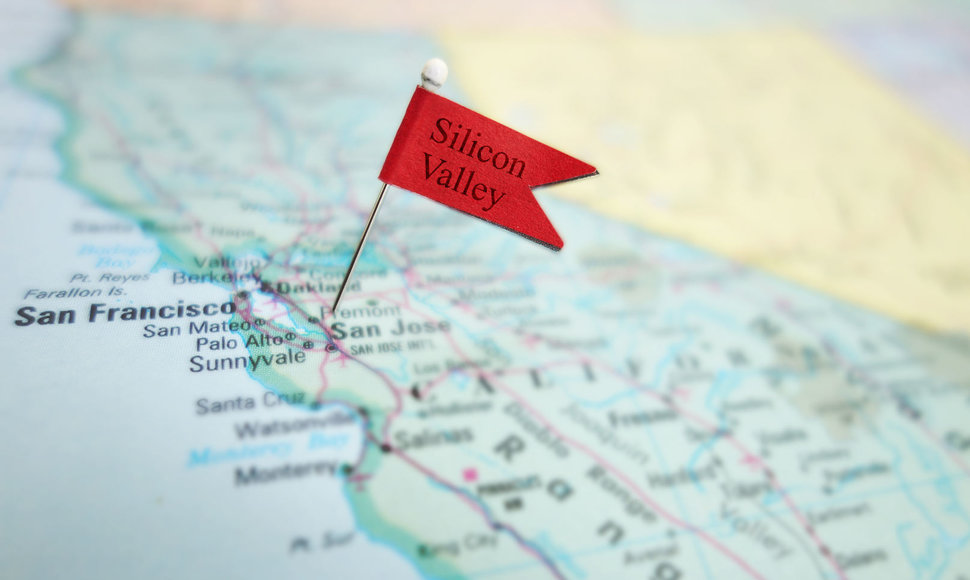The State Progress Strategy "Lithuania 2050" (from now on referred to as "Strategy LT2050") is a strategic document of more than 20 years' duration, which will define the vision of Lithuania's progress and the directions of the state's development to be pursued in order to achieve it, as well as desired changes in socio-economic and environmental circumstances and the impact indicators reflecting them.
LISVA asks for the extension and strengthening of the provisions of the 3rd priority of the former National Progress Programme, "Enabling Environment for Economic Growth", which aims to create an environment conducive to growth and competitiveness by highlighting the importance of social entrepreneurship.
"We note that social entrepreneurship is not only in line with the principles of sustainable development and operates in specific problem areas - poverty reduction, sustainability, environmental protection, etc. - but also addresses broad challenges facing society and the environment around us. In order to develop a smart and sustainable economy, it is important to ensure a balance between business productivity and sustainable development," says Viktorija Bražiūnaitė, Director of the Lithuanian Social Business Association.
LISVA looks forward to a dialogue with other sectors of the economy and different sectors of society, and the Association's representatives look forward to taking part in discussions that will clarify the strategy's exact wording and give due attention to social entrepreneurship and social innovation. "We are committed to working together to incorporate relevant elements of dialogue into our community events", says the Association's head.
Today, there is no doubt that the field of social enterprise, especially in the context of the COVID-19 pandemic, is becoming important not only for the country's overall economic growth but also for addressing societal challenges. "Social economy organisations have demonstrated a remarkable ability to contribute to strengthening and building resilient communities and to manage fundamental change, and <...> have outperformed other industry sectors and created up to 12% of jobs, while tackling major societal challenges. The collective scale and impact of these enterprises tackling societal problems are enormous, with 2.8 million social enterprises in Europe alone." (The importance of social entrepreneurship for post-crisis recovery | World Economic Forum, Davos 2021).
The European Commission is currently working on a Social Economy Action Plan, which will be launched this year. The plan aims to improve social investment and entrepreneurship, support social economy organisations to start and expand their activities and their social impact, innovate and create jobs. It will also build on the unique characteristics of social economy organisations to ensure that the transition to a green and digital economy leaves no one behind and that our communities strengthen their economic and social resilience.
The social economy encompasses a wide range of businesses, organisations and legal forms. They systematically put people first and have a positive impact on local communities. The social economy business model aims to reinvest most of the profits back into the organisation and/or the community's mission and operate in a participatory/democratic form of governance.
Social economy organisations play an important role in job creation, inclusive and sustainable growth, and the integration of vulnerable groups into the labour market; they provide industrial development and empowerment, retraining and up-skilling. In addition, they operate in a wide range of economic sectors and ecosystems, including social and public services, health, social housing or affordable energy for the most vulnerable, helping to mitigate the effects of the economic crisis and build resilience.
****************
LISVA is a national non-governmental umbrella organisation that brings together organisations working in the field of social enterprise/social economy. LISVA aims to actively participate in the formulation and implementation of social enterprise development policy in Lithuania, to strengthen the capacities and competencies of organisations working in the field of social enterprise, to represent its members before governmental institutions, to shape public opinion on social enterprise, and to organise various public information and education campaigns.
Currently, the Association unites more than seven twenty different and well-known social enterprise entities, such as Pirmas Blynas, Mestas Laboratorija, Textale, Užimtumo Namai, Lobių Dirbtuvės, M. Čiuželio Fondas, Mano Guru, the Order of Malta Relief Organisation, and others. The members of the Association aim to address a very wide range of issues of public concerns - poverty, social exclusion, reduction of environmental damage, more efficient use of natural resources, culture and promotion of creativity, public education and information, national defence issues, etc.













